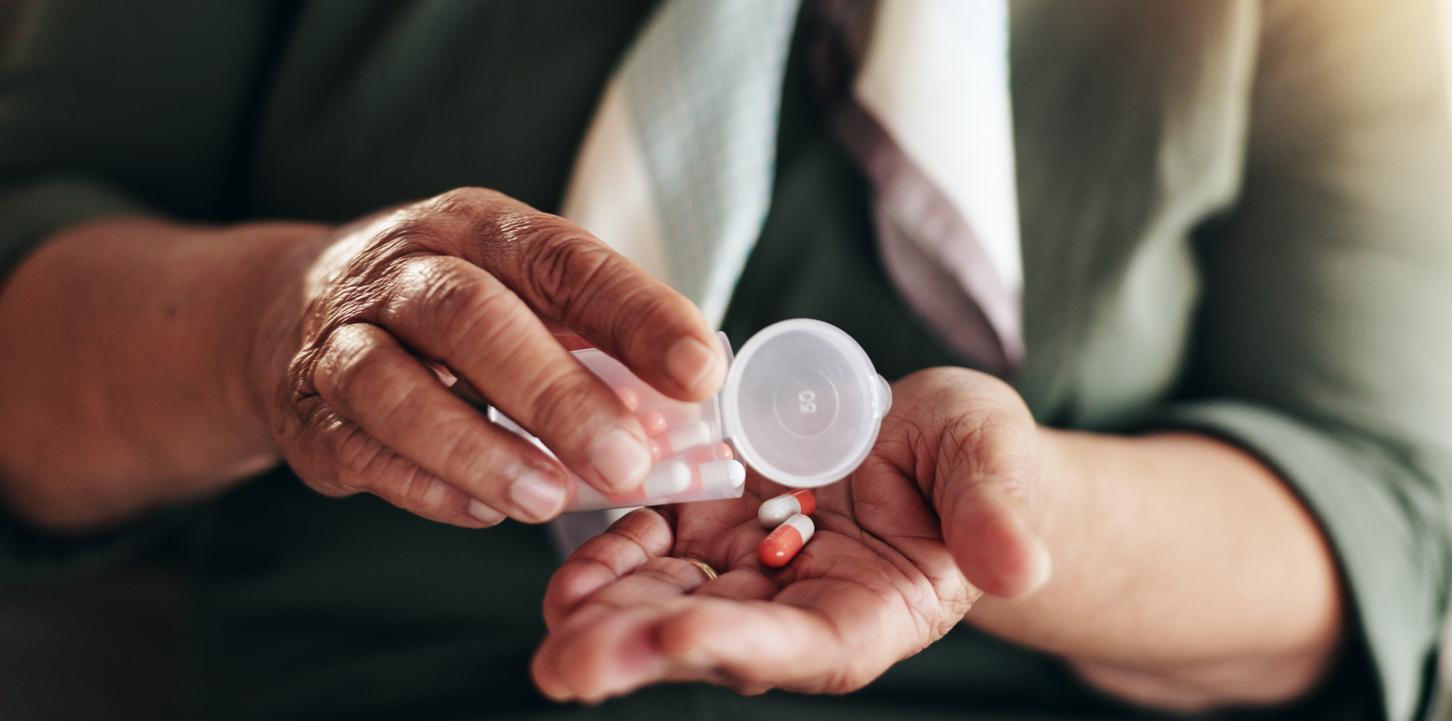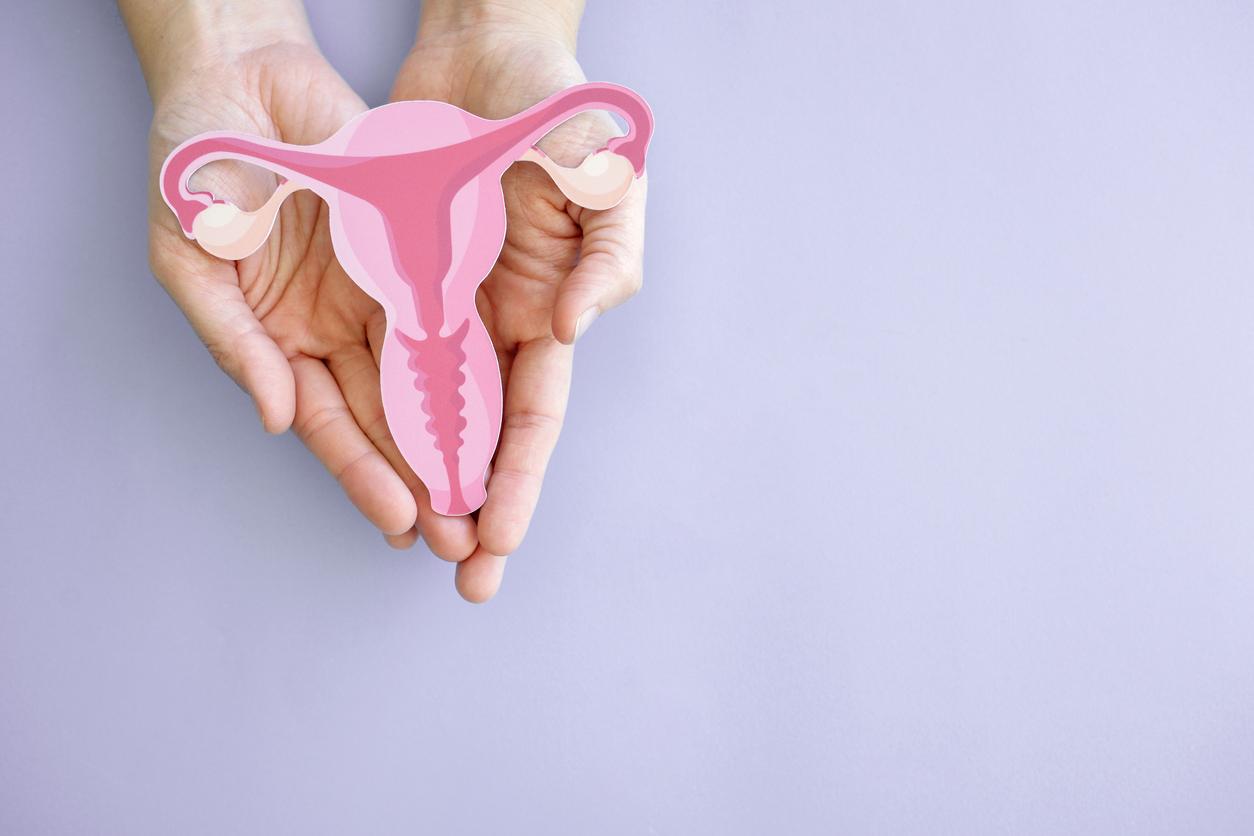Following the “Chrysoula Zacharopoulou case” entrusted to justice, Dr. Julien Niro shares his reactions with us.

- The Paris prosecutor’s office opened an investigation on May 27 after the filing of two rape complaints against Chrysoula Zacharopoulou.
- Ms. Zacharopoulou was targeted last Friday by a third complaint for violence without incapacity for work by a person responsible for a public service mission.
While the Secretary of State and gynecologist Chrysoula Zacharopoulou is the subject of two complaints for rape in the context of her medical practice, Dr Julien Niro, gynecological surgeon at the Hartmann clinic in Neuilly-sur-Seine, discusses vaginal examination in Jean-François Lemoine’s program entitled “Endometriosis focus”.
What is the vaginal examination used for?
“There is no examination which is essential, but it is an important examination, and it is necessary to explain why it is done. The vaginal examination is the exploration of the vaginal tissues and the tissues which are next to the vagina”, explains Dr. Julien Niro.
“Thanks to this examination, we can diagnose a cyst or deep endometriosis. We can also assess how the uterus will be able to move in the pelvis, and see if it is flexible or not. We can finally diagnose the diameter of the lesions before any ultrasound or MRI”, continues the specialist.
Do you need to be a very experienced doctor to do this test?
“You have to be experienced to examine the size of the lesions”, emphasizes Dr. Julien Niro. “But on the other hand, you don’t have to be experienced to see that the cul-de-sac is hard and that it hurts. There, we can say to ourselves that it is most likely endometriosis”, he adds.
How are medical students taught to do a vaginal examination?
“There is a need for training doctors. We must not be hypocritical about it and we really need to talk about it: examining patients is part of a doctor’s competence”, says the gynecologist. “I, who taught for a long time, it’s not complicated to do that, from the moment you communicate with the patient, introducing her to the intern, explaining to her why we are going to do the examination and asking her if it is okay for him or her to do so”he explains.
Should this examination be reserved for female doctors?
“We should not ask ourselves the question of whether the urologist is a man or a woman to detect prostate cancer by doing a digital rectal examination. It’s exactly the same thing with the vaginal examination. We would talk about that for a digital rectal examination, we would be on the verge of sexism”, says Dr. Julien Niro.
“As far as I am concerned, consent was frequently sought”, adds Yasmine Candau, president of EndoFrance. “This whole story also highlights the patient/doctor relationship. Today, it’s over, the doctor who knows everything and who doesn’t listen to his patient. Vaginal examination must therefore obviously be done with kindness, in consent and in the explanation”, she concludes, otherwise this examination can be traumatic.
















